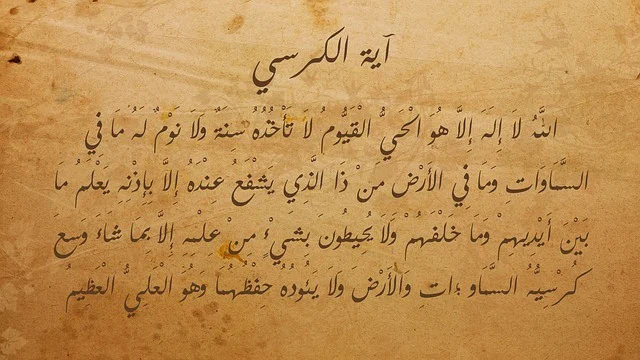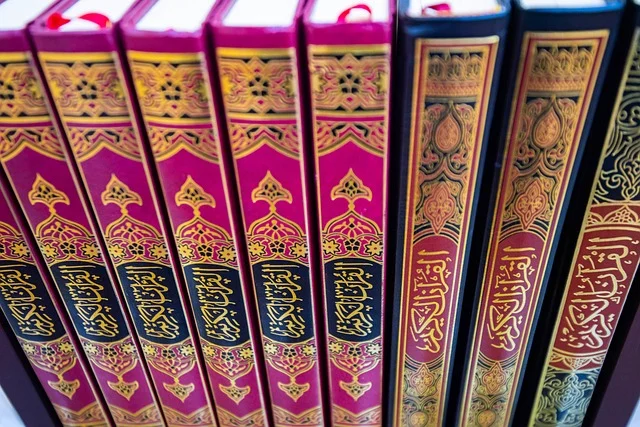Fatwas, or Islamic legal opinions issued by qualified scholars, play a significant role in guiding Muslims on matters of faith, practice, and daily life. These rulings, rooted in Islamic jurisprudence (fiqh), address a wide range of issues, from religious rituals to contemporary ethical dilemmas. Studying fatwas issued around the world is essential for Muslims to navigate their faith in diverse contexts, foster unity, and engage with the evolving challenges of the modern world. Below are key reasons why Muslims should actively explore and understand global fatwas.
1. Understanding Diverse Interpretations of Islamic Law
Islamic jurisprudence is not monolithic; it encompasses various schools of thought (madhabs) such as Hanafi, Maliki, Shafi’i, and Hanbali, as well as differing approaches within Shia and other traditions. Fatwas reflect these diverse perspectives, shaped by local customs, cultural contexts, and scholarly methodologies. By studying global fatwas, Muslims gain insight into how Islamic law is interpreted and applied in different regions, from Southeast Asia to the Middle East, Africa, and the West. This exposure fosters a deeper appreciation for the flexibility and adaptability of Islamic law while encouraging respect for differing opinions within the framework of valid scholarship.
For example, a fatwa from Indonesia might address the permissibility of certain financial practices unique to its economy, while a fatwa from Europe might tackle issues like halal food certification in secular societies. Understanding these variations equips Muslims with the ability to make informed decisions aligned with their personal and regional circumstances.
2. Navigating Contemporary Challenges
The modern world presents Muslims with unprecedented challenges, such as technological advancements, bioethical dilemmas, and globalization. Fatwas provide guidance on complex issues like medical ethics (e.g., organ donation or assisted reproduction), environmental stewardship, and digital practices (e.g., cryptocurrency or online privacy). Studying global fatwas allows Muslims to stay informed about scholarly opinions on these matters, ensuring their decisions align with Islamic principles.
3. Strengthening Community Cohesion
Fatwas often influence communal practices and societal norms within Muslim communities. However, misinterpretations or selective application of fatwas can lead to division or misunderstanding. Studying global fatwas helps Muslims discern credible rulings from those issued by unqualified sources, promoting unity and discouraging extremist or fringe interpretations. Knowledge of fatwas also enables Muslims to engage in constructive dialogue with others, fostering mutual respect and collaboration across diverse communities.
4. Enhancing Personal Accountability
Islam emphasizes individual responsibility in seeking knowledge and making informed choices. Studying fatwas equips Muslims with the tools to evaluate the legitimacy of rulings, understand their context, and apply them appropriately. This process encourages critical thinking and reliance on reputable scholarly sources, reducing dependence on unverified or culturally biased opinions.
5. Countering Misinformation and Extremism
In the digital age, misinformation about Islam is rampant, often fueled by unqualified individuals issuing so-called “fatwas” that misrepresent Islamic teachings. Studying authentic fatwas from reputable scholars and institutions helps Muslims counter false narratives and extremist ideologies. It also enables them to educate others about the true principles of Islam, promoting a balanced and accurate understanding of the faith.
Conclusion
Studying global fatwas is not merely an academic exercise; it is a vital practice for Muslims seeking to live their faith authentically in a complex world. By exploring these rulings, Muslims gain a deeper understanding of Islamic law’s diversity, navigate contemporary challenges, strengthen community ties, and promote solidarity. Moreover, engaging with fatwas fosters personal accountability and equips Muslims to counter misinformation, ensuring their faith remains pure.
Related Articles:
https://yaqeeninstitute.org/what-islam-says-about/shariah
https://acnecuring.com/the-10-best-honey-masks-for-acne-natural-gentle-effective/



